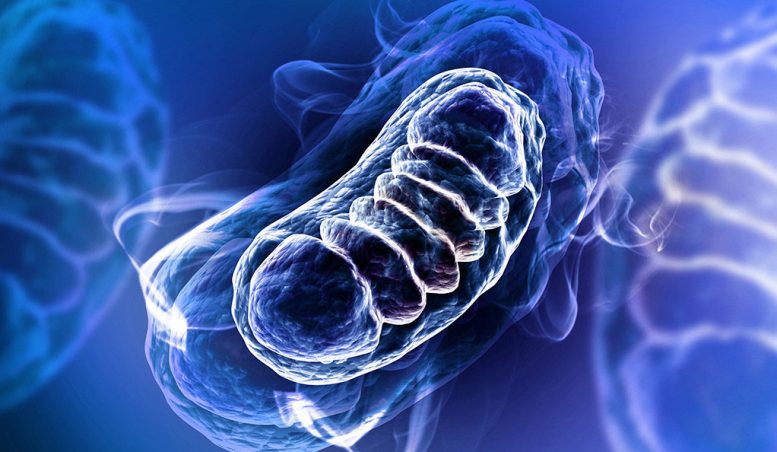
Illustration of mitochondria, specialized structures in cells that turn nutrients into energy (© stock.adobe.com)
What makes healthy cells change and become dysfunctional to the point of causing disease? In addition to a disruption in genes that regulate cells, there is another factor in cell misbehavior that involves metabolism, say Yale researchers.
The research team studied the metabolism of mitochondria, specialized structures in cells that turn nutrients into energy. The investigators used a combination of techniques, including CRISPR gene editing and genetic sequencing studies, to examine the biochemistry and behavior of lymphocytes — immune cells that determine the body’s response to specific threats.
They found that metabolism within the lymphocytes activates the immune cells to increase and perform a specific function. This previously unrecognized process is separate from cell changes that are due to genes. This discovery provides a new understanding of immune cell biology, the authors note. It also opens the door for developing novel targets to treat cell dysfunction and related diseases such as cancer.
The study is published in Nature. First authors Will Bailis and Justin A. Shyer led the research in the lab of Richard Flavell at Yale School of Medicine.
Reference: “Distinct modes of mitochondrial metabolism uncouple T cell differentiation and function” by Will Bailis, Justin A. Shyer, Jun Zhao, Juan Carlos Garcia Canaveras, Fatimah J. Al Khazal, Rihao Qu, Holly R. Steach, Piotr Bielecki, Omair Khan, Ruaidhri Jackson, Yuval Kluger, Louis J. Maher III, Joshua Rabinowitz, Joe Craft and Richard A. Flavell, 19 June 2019, Nature.
DOI: 10.1038/s41586-019-1311-3

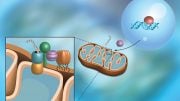
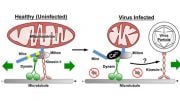
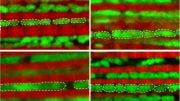
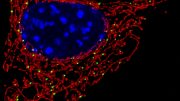

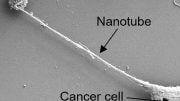
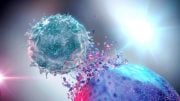
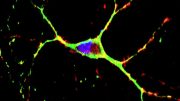
Old, high, soccer, bike, kart, 💪, New, no kart. Bike and gym.